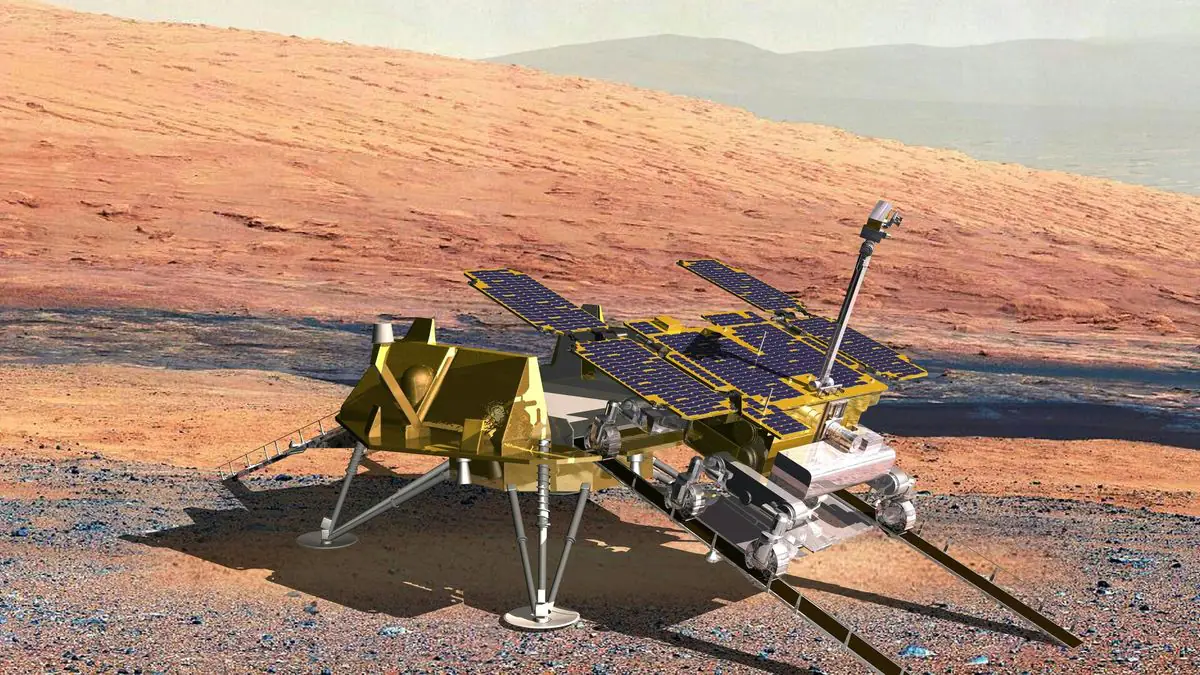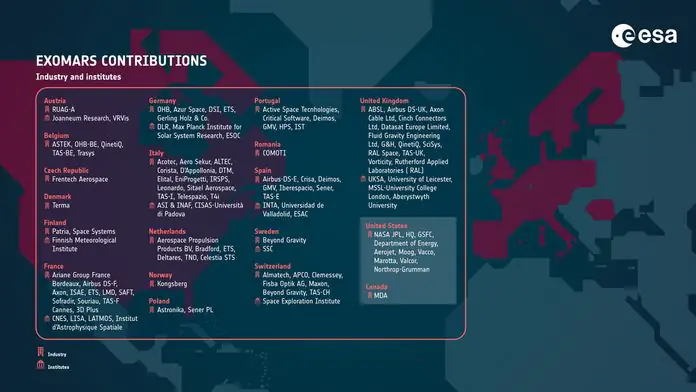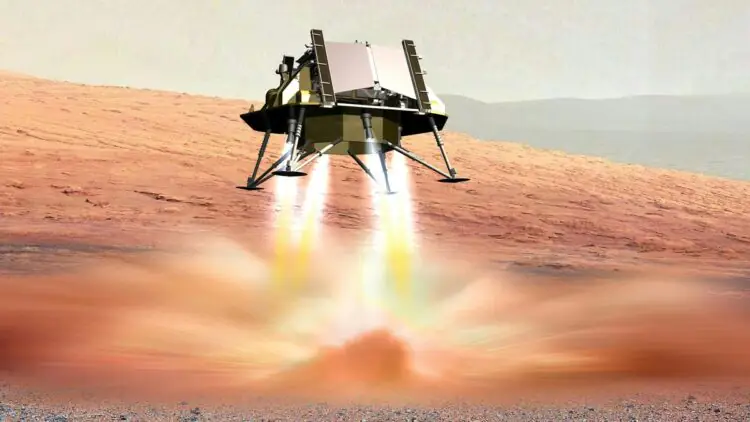The European Space Agency (ESA) has signed a £150 million contract with Airbus UK to develop a landing platform for the Rosalind Franklin rover, which is scheduled to reach the Red Planet by 2030. Airbus UK already has experience working on the rover itself, making it a logical choice for manufacturing the mechanical, thermal, and power systems required for the lander.
The Rosalind Franklin rover is a key component of ESA’s ExoMars program. Its mission is to study the Martian surface for signs of ancient life, specifically searching for fossilized microbes. Scientists hope the rover will help answer long-standing questions about climate changes on Mars and the possibility of extraterrestrial life. A crucial feature of the rover is its two-meter drill, which allows it to probe beneath the surface in search of evidence hidden from harsh surface conditions.

“The UK-built Rosalind Franklin rover will provide us with crucial insights into the history of Mars,” says Dr. Maggie Aderin-Pocock, a biologist and Dame of the British Empire. “This kind of data from other planets can help us better understand our own place in the universe and the evolution of our planet.”
She added that the rover’s unique design, which allows it to collect samples from depths of up to two meters, will help scientists answer fundamental questions about Mars’ history, evolution, and geology. Drilling to this depth enables the search for life below the hostile Martian surface, where radiation would likely destroy any known forms of life. “The samples collected by the Rosalind Franklin rover could help us answer the age-old question: ‘Are we alone in the universe?’” she said.
Beyond its scientific value, the contract will create approximately 200 highly skilled jobs in the space sector and attract international investment, contributing to the UK’s economic growth. Once developed, the technology could also be applied to tasks on Earth, including operations at nuclear power plants and deep-sea exploration.
Originally, the ExoMars mission was a joint project with Russia’s Roscosmos, which was responsible for developing the rover’s landing platform. However, following Russia’s full-scale invasion of Ukraine, ESA member states voted to end the partnership and put the program on hold while seeking a new collaborator. Now, Airbus UK’s subsidiary has taken on the task of developing the lander system.

To date, there is no definitive evidence that life exists or ever existed on Mars. Scientists hope that by deploying the Rosalind Franklin rover, they may finally uncover answers to this long-standing question.
Source: neowin









